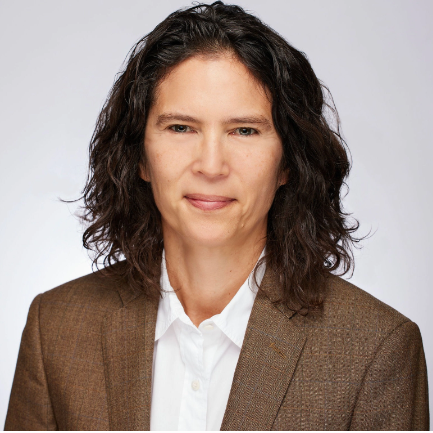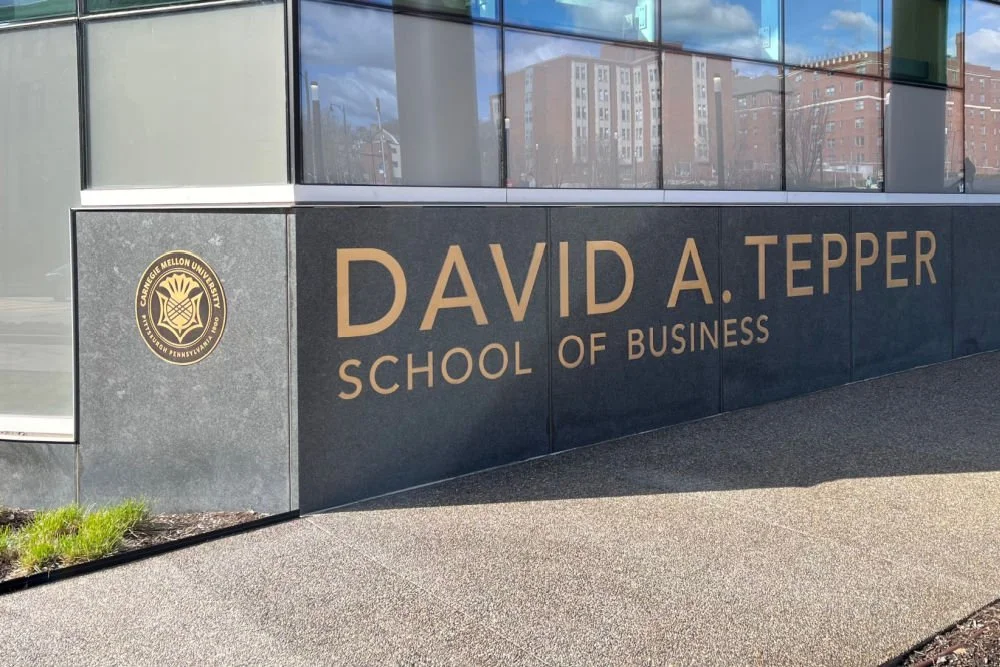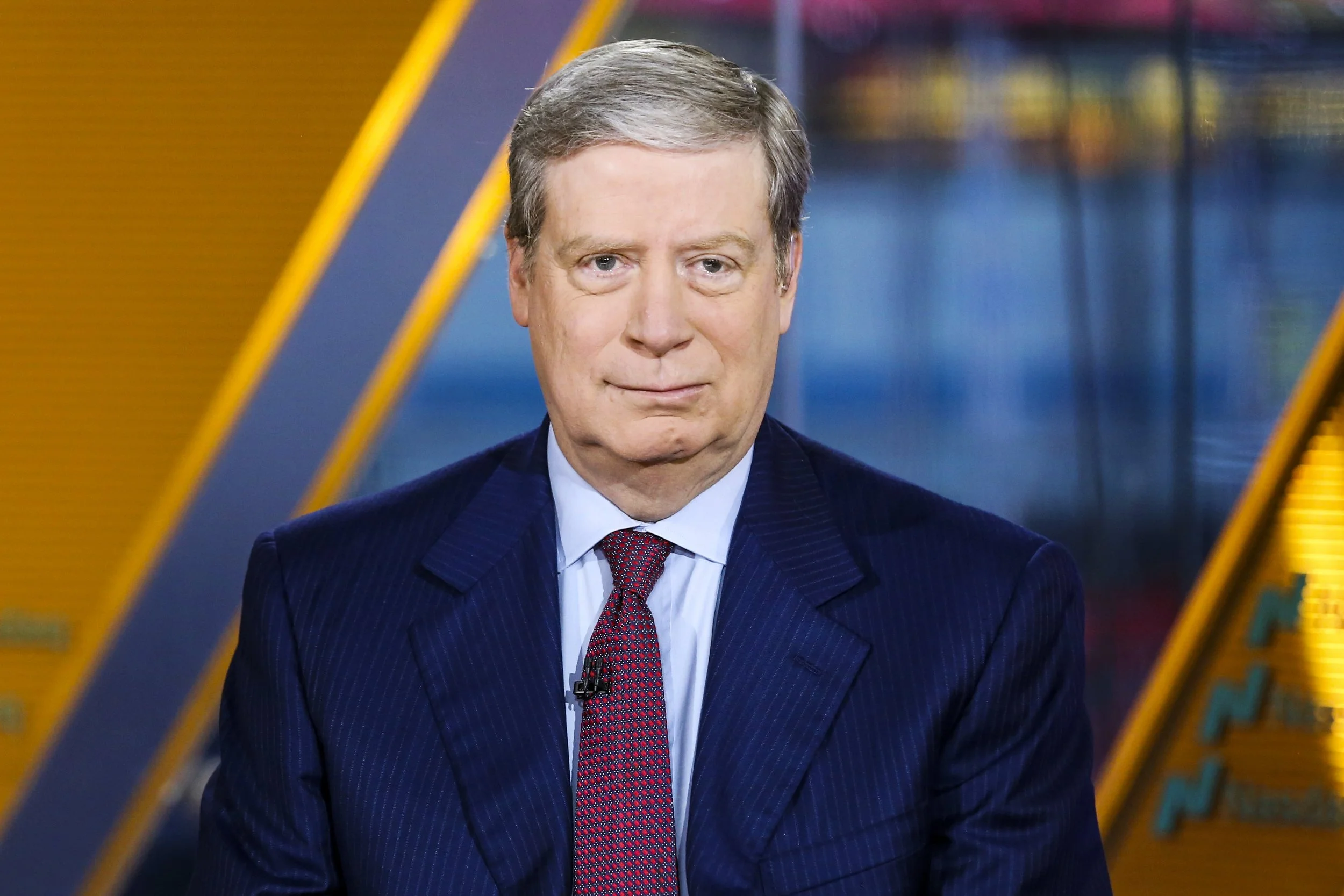A New Collaborative Funding Push Looks to Bolster Worker Rights Around the World
/Burmese Female Migrant Workers Sewing Leather Shoes in thailand. catastrophe_OL/shutterstock
The rise of a globalized economy offers people enormous opportunities, while at the same time creating new classes of winners and losers. In the United States and Europe, the losers have included large swathes of workers—fueling a backlash to globalization and the rise of right-wing populism. In the Global South, globalization has raised living standards for hundreds of millions of people, but left many workers trapped in grinding, low-pay work as part of transnational supply chains that often circumvent labor protections.
Labor unions around the world have pushed back against the trends hurting workers with limited success—especially in the United States, where unions have steadily declined. For decades, philanthropy stayed mostly on the sidelines of the contest between capital and labor. Foundations have mainly stuck with funding workforce development and other practices to bolster human capital; they’ve avoided siding with unions and other worker rights groups that challenge entrenched economic interests.
In recent years, though, that’s begun to change as more funders have stepped forward to support worker rights and stronger labor standards. As we’ve reported, the Ford Foundation has been a leader in this push, with grants to a range of groups that are part of a new labor movement. The W.K. Kellogg Foundation has also stepped up, for example, supporting farmworker organizing as part of its commitment to children and working families. The James Irvine Foundation is another major U.S. foundation that’s turned to labor issues, refocusing its grantmaking in California to support low-income workers.
Then there’s the Open Society Foundations, which has been funding worker rights activity in the United States and around the world for many years—and has lately been moving to expand these efforts.
Building a Movement
Last month, OSF gave a boost to the growing movement to advance worker justice when it hosted an event adjacent to the United Nations General Assembly. Titled “Building Power: Women’s Leadership in the Fight for Justice, Democracy and Fair Work,” the event featured a constellation of global women leaders in the field, including Sharan Burrow, secretary general of the International Trade Union Confederations, Liz Shuler, secretary-treasurer of the AFL-CIO—the highest-ranking women in the organization’s history, and Rose Auma Omamo, general secretary of the Amalgamated Union of Kenya Metal Workers.
The event built on a series of labor movement wins that started with the adoption of the International Labor Organization’s (ILO) declaration on fundamental principles and rights in 1998, and continued with the adoption last year of Convention 190 (C190) on the elimination of gender-based violence and harassment at work. The rise of the #MeToo movement also put some wind in the sails. Leveraging those broader achievements, four core philanthropies joined OSF in issuing a statement supporting fair labor prior to the event. They also committed to creating collaborative communities of practice around the issues, breaking down silos, and directly supporting workers and labor groups within their portfolios.
Building Networks at OSF
The event built on a growing practice area at Open Society Foundations. Laine Romero-Alston, Team Manager of its Fair Work Program and International Migration Initiative, joined OSF from Ford about a year ago. Laine says the OSF network’s commitment to building a workers movement starts at the top, and has long been an integral—though informal—part of its work.
Patrick Gaspard, president of the Open Society Foundations, began his career as a union organizer in New York City, and served as executive vice president and political director for the Service Employees International Union (SEIU). The organization itself has a storied history of work in human rights, robust programming to give migrant workers a fair shake, and was early to recognize the rapid changes in women’s entry into the labor force.
In 2018, Open Society Foundations started a network-level conversation on its “shared interest” in worker rights that included its International Migration, Human Rights and U.S. Programs, and expanded to include perspectives from Economic Justice, Women’s Rights, and its regional office in Africa. From there, it brought together 70 colleagues to reflect on a core set of problems, then formed a cross-programmatic working group to focus on four thematic areas: worker organizing, alliance building, feminist and fair social protections, and worker empowerment.
The result was the Just Futures for Workers initiative, which has provided $3 million in funding to 14 projects that grapple with the ideas found in those areas. While not yet a formal program, Laine is optimistic about the possibilities, as efforts across the network continue to find each other.
Building Networks Across Philanthropy
Funders across philanthropy are also starting to build stronger networks to support workers. Joining OSF in the statement committing to a Future with Fair Work was Humanity United, part of the Omidyar Group; the Freedom Fund, which works to end modern slavery; Fundacion Avina, which advances sustainable development in Latin America; and the corporate foundation C&A. In addition, 40 funders met prior to the convening to explore ways of collaborating.
Laine says that at a time when capital is dominant globally, often in ways that supersede national sovereignty, the signatories share the belief that “workers on the frontlines of the global economy, who understand how economic and political injustice play out in their lives, must be at the forefront with collective power and voice to shape this future.”
The funders involved here invite “others in philanthropy to join onto the statement and, more importantly, to lean into our intersections to expand resources to enable a vibrant labor movement for the 21st century that fights for decent work, social and economic justice, and democracy,” adding, “We know there have never been any of these things without such a movement. Philanthropy must play our part.”
Related:







































